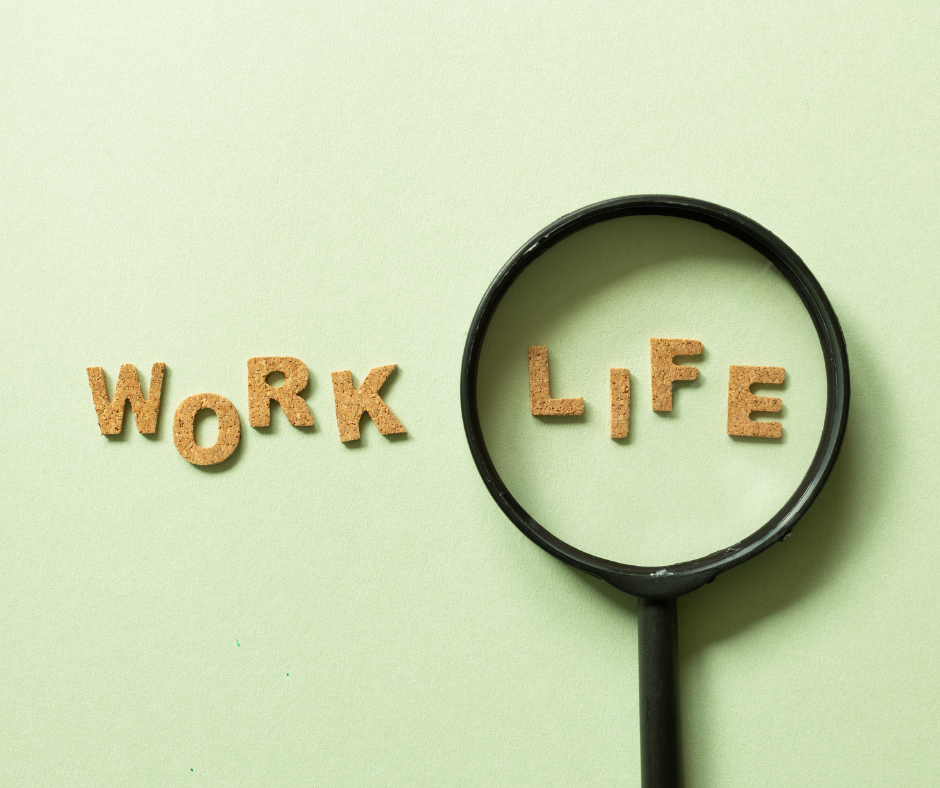The holidays can feel like a cruel reminder of what’s been lost. When you’ve lost your spouse, the season of lights, laughter, and love can instead feel dark, silent, and empty. The world seems to move on, but your heart stays behind — aching, grieving, and wondering how to ever feel whole again. This is not just grief. This is grief during the holidays — a specific kind of heartbreak that requires courage to endure and resilience to heal. If you’re asking, “How do I find hope after losing my spouse during the holidays?” — know this: you are not alone, and hope is still possible. Understanding the Weight of Holiday Grief The holidays are built around traditions, shared moments, and family bonds. When your spouse is gone, everything changes. The chair at the table is empty. Their laugh is missing from the room. Their touch, their presence, their essence — all gone, and yet, everywhere. You are allowed to feel lost. You are allowed to grieve deeply. But in that grief, there is a spark — a spark of memory, of love, of everything that still connects you to the one you’ve lost. That spark can become the fire that helps you find hope again. What Does Hope Look Like When You’re Grieving? Hope after loss doesn’t mean forgetting.It doesn’t mean “moving on.”It doesn’t mean pretending you’re okay. Hope means allowing yourself to believe that life can still hold meaning. That joy can coexist with sorrow. That the future can still bring warmth — even if the holidays feel cold right now. Hope is about taking one breath, one step, one moment at a time. 5 Action Steps to Reclaim Hope During the Holidays 1. Honor Your Spouse, Don’t Avoid Their MemoryTalk about them. Light a candle. Hang their favorite ornament. Create a ritual of remembrance, not silence. Their love still lives in your heart — let it speak. 2. Allow Yourself to Feel Everything — Without GuiltSadness. Anger. Numbness. Loneliness. They’re all valid. There is no “right way” to grieve. Give yourself permission to feel everything, without apologizing for it. 3. Say “No” to Expectations That Don’t Serve YouYou don’t have to attend every gathering. You don’t need to smile if you don’t want to. This is your journey. Protect your emotional space fiercely. 4. Reach Out — Even If It’s Just One PersonYou might feel like isolating. But one conversation with someone who truly cares — a friend, family member, counselor — can light a path through your darkness. 5. Do One Thing That Feeds Your SoulA walk in nature. A quiet cup of tea. A handwritten letter to your spouse. Start with one small act of self-kindness each day. These moments matter. Reframing the Holidays: From Pain to Purpose You’re not just surviving the holidays.You’re redefining them.You’re learning to hold both grief and gratitude. What if this season became a time to reflect, honor, and heal — instead of just enduring?What if you gave yourself permission to create new meaning in your own way, on your own terms? You have the power to choose. To shape your healing. To rediscover hope. Why This Message Matters Now — Not Later Holiday grief is not something to delay.It’s not a storm you simply wait to pass.It demands attention. It demands compassion, courage, and conscious healing. By beginning now, you create space — space for hope to grow in the cracks of your brokenness. You don’t have to be whole to begin. You just have to begin. Your Pain Has Purpose — Your Journey Has Power You have known love deeply — and that love has left an imprint no loss can erase.Your spouse’s legacy is carried not only in memory but in your courage to keep living. Hope after loss doesn’t erase the pain — it helps you carry it.And in that carrying, something extraordinary happens:You begin to rise. Not because the holidays are easier.But because you’ve chosen not to give up. Let This Be the Year You Choose Hope There is no quick fix.There is no shortcut through grief. But there is hope. And it starts with a decision:To breathe again. To feel again. To live again. Not because you forget,but because you remember —and still choose life. Let this be your turning point.Let this be the season you say: “I am still here. And I will find my way forward.” Because you can.And because your story — even in grief — is not over yet.Hope is waiting. Start now.
Balancing Act: Managing Family Stress Alongside Work Challenges
The Silent Struggle No One Talks About In the whirlwind of life, between deadlines, meetings, emails, school runs, doctor appointments, and emotional breakdowns, something crucial gets lost: you. Modern professionals aren’t just working harder; they’re living two full-time lives. One at work. One at home. The real challenge? Managing the emotional collision between the two. This is the unspoken burden carried by millions—juggling workplace pressure while navigating family stress. And here’s the raw truth: most people are silently drowning. If you’re reading this, chances are you’ve felt that strain too. You’ve asked:“How do I stay strong for my family when I’m breaking at work?”“How do I focus on my job when things are falling apart at home?” This article is your wake-up call. It’s time to address the emotional, professional, and human reality of this balancing act—and why we must act urgently to protect our well-being, our families, and our futures. Why This Balance Is Breaking Us Let’s be honest. The glorification of “hustle” has created a crisis of identity and purpose. You’re expected to be the perfect employee, the perfect parent, the perfect partner—and smile while you’re at it.But behind that smile, anxiety brews. Burnout builds. Relationships suffer. Children notice. Partners feel neglected. And still, you tell yourself: “I’m fine. This is just how life is.” No, it’s not.This isn’t balance. It’s burnout. And it’s time to reclaim your peace, your power, and your priorities. The True Cost of Ignoring Family Stress While Managing Work Pressures Let’s break it down—because this is no longer just about productivity.It’s about survival, legacy, and well-being. Ignoring family stress leads to: Disconnected relationships with children and partners Increased anxiety, depression, and emotional fatigue Lower performance and focus at work Poor decision-making Long-term health consequences Work doesn’t happen in a vacuum. And neither does family.If one suffers, the other eventually collapses too. Reclaiming the Balance: It Starts with Awareness and Action This isn’t about perfection—it’s about progress, protection, and purpose. You don’t need another motivational quote. You need real strategies. Human strategies. Urgent strategies. Here’s how to take control before life takes over. 1. Acknowledge the Dual Pressure—Without Shame The first step toward reclaiming balance is acknowledging the truth:You are under pressure from both ends. And that’s okay.Shame is a silencer. It convinces you to keep your struggles hidden. But growth begins with awareness. Speak about it. Accept it. Share it with those you trust. 2. Build Boundaries Like Your Life Depends on It—Because It Does Work-life balance is not about hours—it’s about emotional presence.If you’re physically with your family but mentally still on Slack or in that Zoom meeting, you’re not really present. Set hard boundaries: No work emails after 7 PM Family dinners with phones away Breaks during the day to reconnect with your loved ones Boundaries are not a weakness—they’re a strength that protects what matters. 3. Prioritize Family Conversations You talk to your team every day, don’t you? You check in, give feedback, collaborate.Why not do the same with your family? Set up weekly family meetings. Ask what your kids are feeling. Share your work stress with your partner, not as a burden but as a connection point. Communication is the bridge between the chaos of work and the comfort of home. Build that bridge often. 4. Redefine Success Before It’s Too Late What is success, really? A bigger title? A raise? A new deal?Or is it having dinner with your child who missed you all day?Is it being emotionally available when your partner needs you? Redefine success. Make it more human. More sustainable. More soul-aligned. Because at the end of it all, your loved ones won’t remember your LinkedIn endorsements.They’ll remember if you were there when it mattered. 5. Seek Help—You Weren’t Meant to Do It All Alone There is strength in asking for help.Therapists. Coaches. Support groups. Trusted friends. Even leadership mentors who understand this dual pressure. You don’t have to carry this alone. And you shouldn’t. Reaching out for help isn’t an admission of failure—it’s a declaration of self-respect. Why the Time to Act Is Now Every moment you delay reclaiming balance, the price gets higher.Your health.Your marriage.Your mental peace.Your legacy as a parent and partner. The balance doesn’t find itself.It is created—intentionally, urgently, and unapologetically. This is not just about managing your life—it’s about protecting the very essence of who you are. Take the First Step Today Here’s what you can do right now: Write down three things causing stress at work and at home. Identify which one you can take action on in the next 24 hours. Set a firm boundary for the next 7 days—test it, respect it, and reflect on how it feels. Have one meaningful conversation with a loved one tonight. Do not wait for a breakdown to learn the importance of balance.Start now. Start today. Protect what matters. Your family needs you. Your career deserves you. But above all, you need you.Balance is not a myth. It’s a commitment. One decision at a time.Choose wisely. Choose now.


